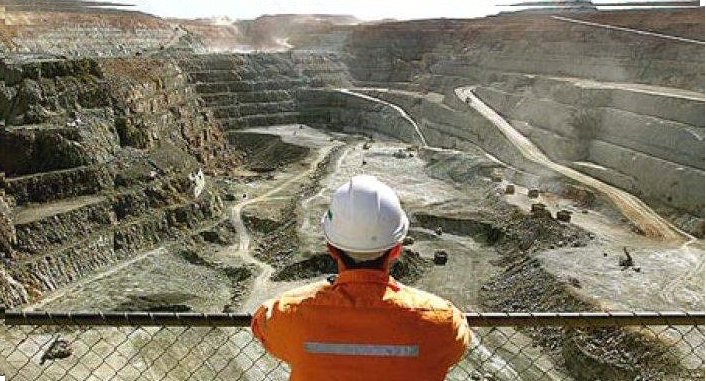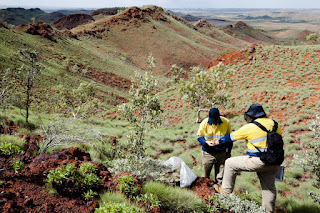Geotechnical Engineering has become an integral part of mine operations fairly recently. Three decades ago, very few mines employed site based geotechnical engineers, geotechnical design and operational support were primarily carried out by specialized consultancies and/or research institutions.


While majority of the mining companies have already established geotechnical capabilities, many are yet to develop or upgrade them. This article aims to increase awareness of the role and importance of geotechnical engineering in mining.

It should be recognized that initial mine geotechnical design is carried out in the environment of pervasive uncertainty due to an incomplete knowledge of material characteristics, loading conditions and rock mass structure. Therefore, continuous geotechnical data collection and analysis are required to ensure that the mine design is based on real conditions and is optimal.

Geotechnical uncertainty at the design execution stage should be managed through a site specific risk management framework (Ground Control Management Plan) to prevent unwanted outcomes or, at the minimum, mitigate their consequences to an acceptable level.
Geotechnical Engineering and Risk Management. A loss of the ground control due to poor consideration of geotechnical conditions atthe design stage and/or a lack of proactive ground engineering during mine operations may lead to failures, here are some examples:
•Bench and slope failures
•Uncontrolled falls of ground
•Uncontrolled subsidence
•Uncontrolled caving
•Rock bursts and other mine induced seismic events
•Sill and crown pillar failures
•Failures of stopes, ore passes or shafts
•In rushes of unconsolidated ground, back fill or water
